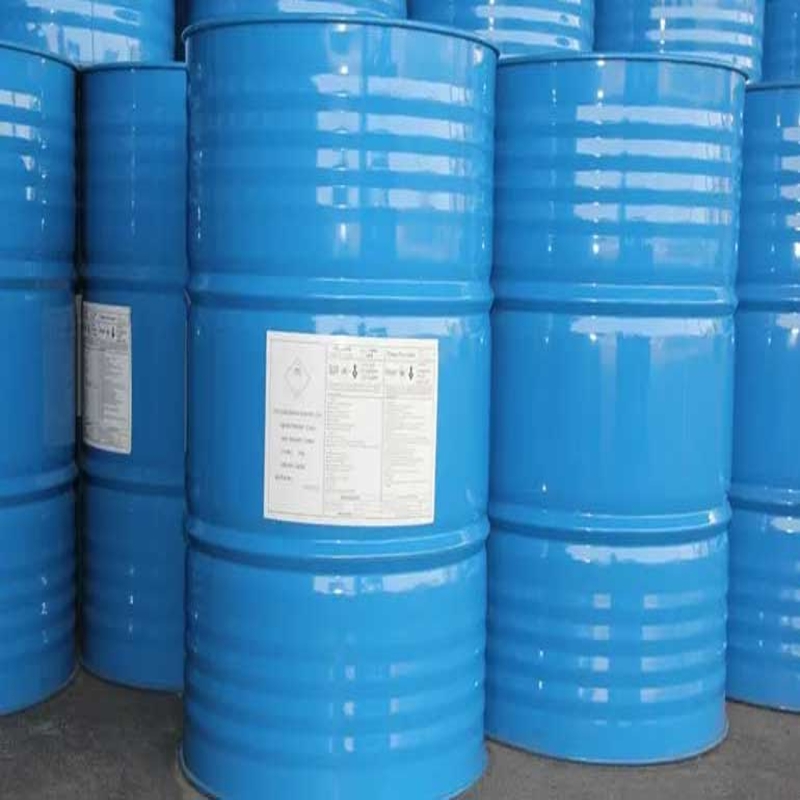-
Categories
-
Pharmaceutical Intermediates
-
Active Pharmaceutical Ingredients
-
Food Additives
- Industrial Coatings
- Agrochemicals
- Dyes and Pigments
- Surfactant
- Flavors and Fragrances
- Chemical Reagents
- Catalyst and Auxiliary
- Natural Products
- Inorganic Chemistry
-
Organic Chemistry
-
Biochemical Engineering
- Analytical Chemistry
-
Cosmetic Ingredient
- Water Treatment Chemical
-
Pharmaceutical Intermediates
Promotion
ECHEMI Mall
Wholesale
Weekly Price
Exhibition
News
-
Trade Service
In recent years, with the increasingly prominent global warming and energy security issues, many countries and regions have taken nuclear power as an important direction for energy structure adjustment, and the international nuclear power market has become increasingly broad, which provides opportunities for China's nuclear power technology to "go global"
.
As the fourth generation of nuclear power technology independently developed by China, high-temperature gas-cooled reactor technology is expected to become the "vanguard" of nuclear power "going out"
.
With the increasing attention to nuclear power technology in China, the commercialization process of high-temperature gas-cooled reactor technology is also accelerating
.
It is understood that in the process of China's nuclear power "going out", the reason why high-temperature gas-cooled reactor technology is favored is precisely because it has many incomparable advantages
of other nuclear power technologies.
The high-temperature gas-cooled reactor technology has many advantages such as high power generation efficiency, short construction period, low investment risk, high safety factor, and high domestic production rate of equipment, which lays the foundation for the
high-temperature gas-cooled reactor technology to "go global".
Although the high-temperature air-conditioning reactor technology has shown certain advantages in the process of "going global", it still faces many risks
in overseas markets.
In the field of high-temperature gas-cooled reactor technology, although Chinese applicants have submitted more than 300 patent applications and mastered key technologies in this field, there are very few
PCT international patent applications.
Due to the sensitivity of nuclear power technology, China's nuclear power enterprises have not carried out patent layout in the international market, and the target countries of China's nuclear power "going out" are not developed countries such as the United States and France, but countries and regions with relatively weak nuclear power technology research and development, which makes them face the risk
of patent infringement in overseas markets.
12Next View full article
In recent years, with the increasingly prominent global warming and energy security issues, many countries and regions have taken nuclear power as an important direction for energy structure adjustment, and the international nuclear power market has become increasingly broad, which provides opportunities for China's nuclear power technology to "go global"
.
As the fourth generation of nuclear power technology independently developed by China, high-temperature gas-cooled reactor technology is expected to become the "vanguard" of nuclear power "going out"
.
With the increasing attention to nuclear power technology in China, the commercialization process of high-temperature gas-cooled reactor technology is also accelerating
.
It is understood that in the process of China's nuclear power "going out", the reason why high-temperature gas-cooled reactor technology is favored is precisely because it has many incomparable advantages
of other nuclear power technologies.
The high-temperature gas-cooled reactor technology has many advantages such as high power generation efficiency, short construction period, low investment risk, high safety factor, and high domestic production rate of equipment, which lays the foundation for the
high-temperature gas-cooled reactor technology to "go global".
Although the high-temperature air-conditioning reactor technology has shown certain advantages in the process of "going global", it still faces many risks
in overseas markets.
In the field of high-temperature gas-cooled reactor technology, although Chinese applicants have submitted more than 300 patent applications and mastered key technologies in this field, there are very few
PCT international patent applications.
Due to the sensitivity of nuclear power technology, China's nuclear power enterprises have not carried out patent layout in the international market, and the target countries of China's nuclear power "going out" are not developed countries such as the United States and France, but countries and regions with relatively weak nuclear power technology research and development, which makes them face the risk
of patent infringement in overseas markets.
12Next View full article
12Next View full article






